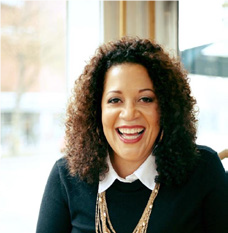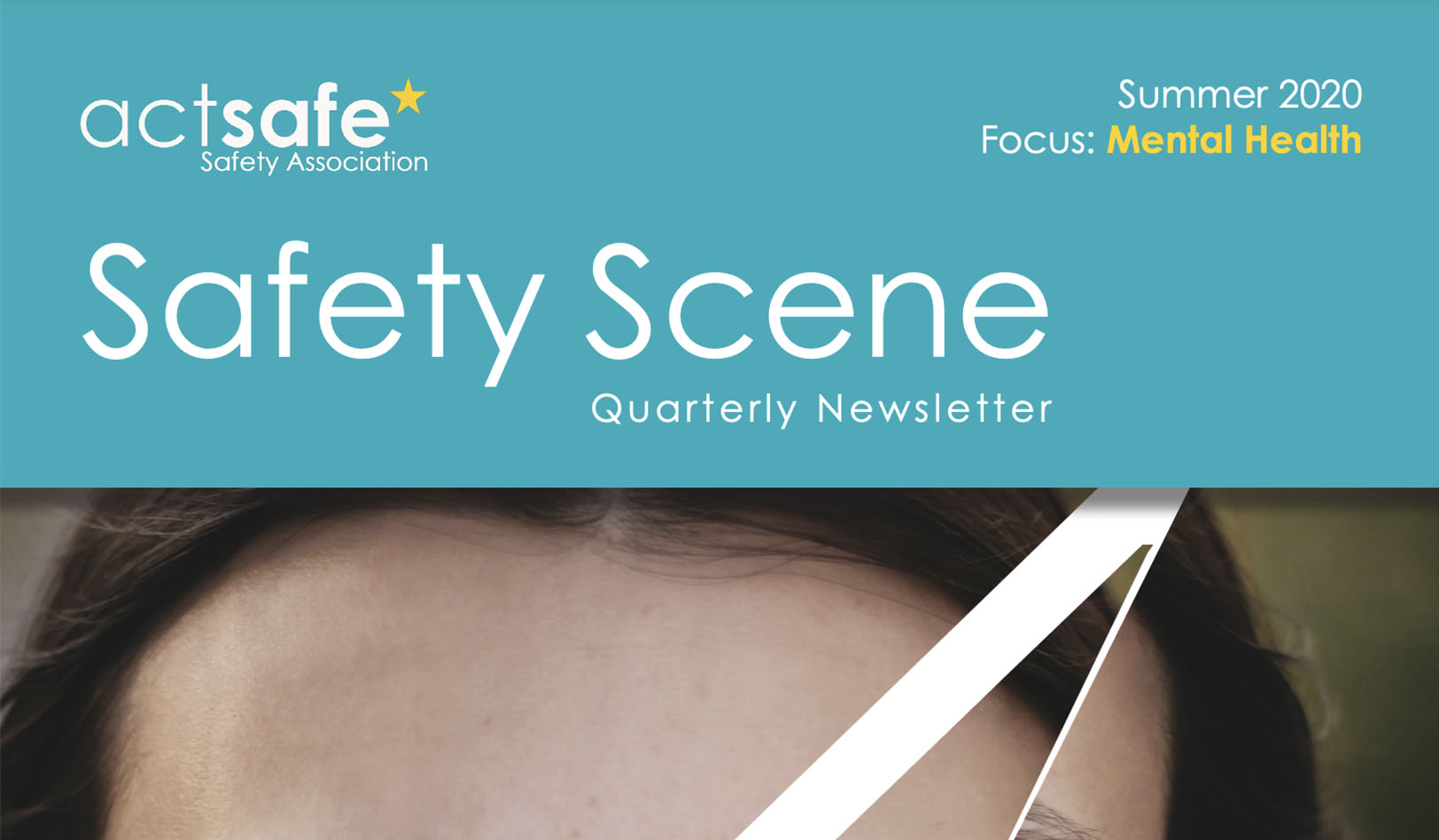
Over the past few years, there has been much-required attention on the mental health of our nation, our communities, and – quite frankly – our industry. We’re now taking seriously how to take care of our own mental health and that of the people around us in our increasingly complex world. Systems are racing to catch up and we are only too happy to see a conscious broadening of the scope of Occupational Health and Safety to include Psychological Safety; it’s none too soon.
– Natasha Tony, founder and CEO of Elevate Inclusive Strategies
For the last two decades, I have been focused on Respectful Workplaces with a focus on justice, equity, diversity, and inclusion. As a labour relations specialist, my work was carved out of the myriad of injustices I have witnessed, that I have been asked to advocate and investigate and ameliorate. And now I educate.
We’re in the midst of a culture shift in our industry – which owes a great deal of gratitude to the courageous people who spoke up with the “MeToo” movement. We’re all far more conscious of privilege or, conversely, discrimination we see on the basis of gender identity, race, national or ethnic origin, colour, religion, age, sexual orientation, and so on. They are locked into our laws, our safety regulations, our codes of conduct, employer policies, and collective agreements. It would be a good idea to be aware of what they say because the next step is making it real.
Whether or not there is intent, where there is impact there needs to be attention.
Those on the receiving end of intimidation, discrimination, sexual harassment, and bullying and harassment often hold feelings of anger and humiliation, an increased sense of vulnerability and a loss of confidence. There can be an inability to sleep, the onset of depression, and physical symptoms including headaches and body aches. Substance abuse, distress, anxiety, thoughts of suicide – these issues can become life-threatening if left unattended. Unresolved issues can be brought home, increasing family tension and stress and cause distractions that affect workplace productivity, and run the risk of creating workplace safety issues. We don’t want that for ourselves and we don’t want it for our colleagues. It’s got to be called out and it’s got to be stopped.
When we see something, we have to say something.
When I speak of organizational culture, I am referring to the philosophies, attitudes, beliefs, behaviours, and practices that define an organization. This culture can be toxic or what makes the organization inimitably successful. When we are talking about the culture shift of the entertainment industry, think about it as the workplace immune system.
What is in place to ensure that both our physical and psychological health is prioritized to maintain a healthy workplace?
Whether we are workers, supervisors or employers, we all have a responsibility to address injustice. That is, to educate ourselves in what injustice looks like, to be aware of our biases, and to question our own assumptions. And, although it’s hard, we need to be willing to listen when others are willing to speak about actions and attitudes that have a negative impact on them. It’s not always obvious to us. But we’re evolved enough to create space for different lived experiences, and to have empathy for issues that might not be our own.
There is the Golden Rule – which says that we need to treat people the way we want to be treated. When we talk about the culture shift and building a respectful entertainment industry, we are now talking about the Platinum Rule – which says we need to treat others in the way that they would like to be treated.
A respectful workplace is one that is free from discrimination, sexual harassment, bullying and harassment; a work environment in which all individuals are treated fairly and respectfully, have equal access to opportunities and resources and can contribute fully to the organization’s success. In healthy work environments, differences are acknowledged and valued, communication is open and civil, conflict is addressed early, and there is a culture of empowerment and cooperation.
When individuals are treated fairly and respectfully, stress levels are reduced, and the brain settles into a healthier rhythm.
As we move into a new normal, we could all use a little support and direction. Today’s Respectful Workplace training comes with an anti-discrimination lens. It doubles down on the responsibility of workers, supervisors, and employers to address and eradicate gender, racial, and all other forms of discrimination. It calls for awareness and understanding of the relevant Codes and employer policies and invites commitment to the creation of a culture that benefits the health and welfare of everyone working in the entertainment industry.
This article was written for our quarterly newsletter, Safety Scene. You can find a link to the full edition below.



Share Now: